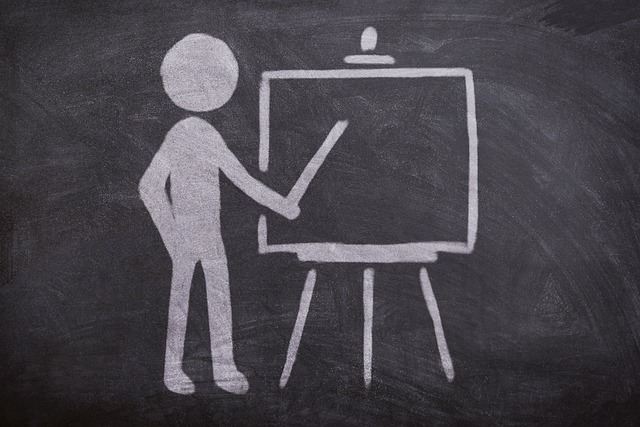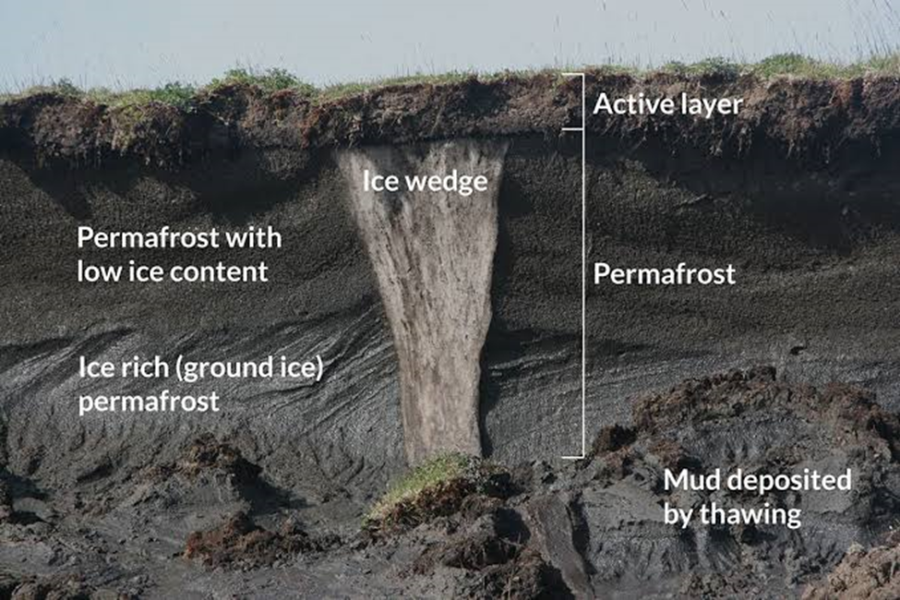We Need to Take Climate Change More Seriously
January 19, 2023
Greenhouse gas emissions, rising sea levels, intense droughts and fires, worsening storms and rising temperatures are putting strain on countries around the world. Climate change is progressing and most people have turned a blind eye to it. We need to take action now to avoid potential human and environmental disaster.
Central Asia is experiencing the effects of climate change on a tremendous scale. With increased average temperatures each year, the World Bank has predicted that average annual temperatures in the region will likely rise about two degrees Celsius by 2050, potentially making portions of India, the second most populous country in the world, uninhabitable. Although two degrees may not seem much, this increase in temperature can cause droughts, allow glaciers to melt and release dormant gasses, and catastrophic crop failure. According to the National Oceanic and Atmospheric Administration, nearly half of the area of the lower 48 U.S states experienced moderate to extreme drought this summer. In a region that relies primarily on agriculture for survival, this can cause people to be forcefully displaced from their homes, becoming climate refugees often in countries that are already hostile to them.
This poses a huge problem. Many of the refugees are fleeing into other third world countries that are already experiencing problems of their own. They are unable to provide for the additional needs of these people and it is causing other countries to to use up their resources as well. Not to mention many of these countries have poor relations with one another, and the climate change issue is only exacerbating it.
You may be thinking “These issues are occurring in Central Asia, how does that affect me?” Well, many of these countries that could have food and water refugees going in and out also have nuclear weapons pointed at each other. If they have conflicts, the whole world will be impacted. Also, it is evident that agriculture has diminished in India. British Broadcasting Corporation (BBC) announced India’s ban on wheat exports on May 13, 2022 after record hot weather affected the wheat crop and sent local prices soaring. This is troublesome to parts of the world who rely on India’s exports for agriculture.
Droughts have also gotten worse in the Western United States as well as Southern Europe. This has led to shortages of water for irrigation and hydro-power. Lake Powell, the second largest reservoir in the United States has dropped to its lowest level since it was built due to 10 years of western drought. Since people rely on this for survival, it has pushed prices for food up and caused electricity shortages.
Another aspect of climate change that is at the forefront of the minds of government staff at the Pentagon, is the melting of the permafrost ice caps. As the tundra regions of Canada and Northern Europe warm the permafrost is beginning to melt. When this happens greenhouse gasses that have been trapped under the frozen soil for tens of thousands of years are released into the atmosphere contributing to both increasing atmospheric temperatures but also setting up a vicious cycle of melting and warming.
The United Nations Framework Convention on Climate Change, The Paris Agreement, and successive United Nations Climate Change Conferences (COP 20 – 22) have all predicted catastrophic environmental crises if we fail to address these problems sooner than later. However, like the proverbial frog in the pot, the water does not get hot enough, fast enough, for the frog to notice before it’s too late. We are a bit like that frog.







































